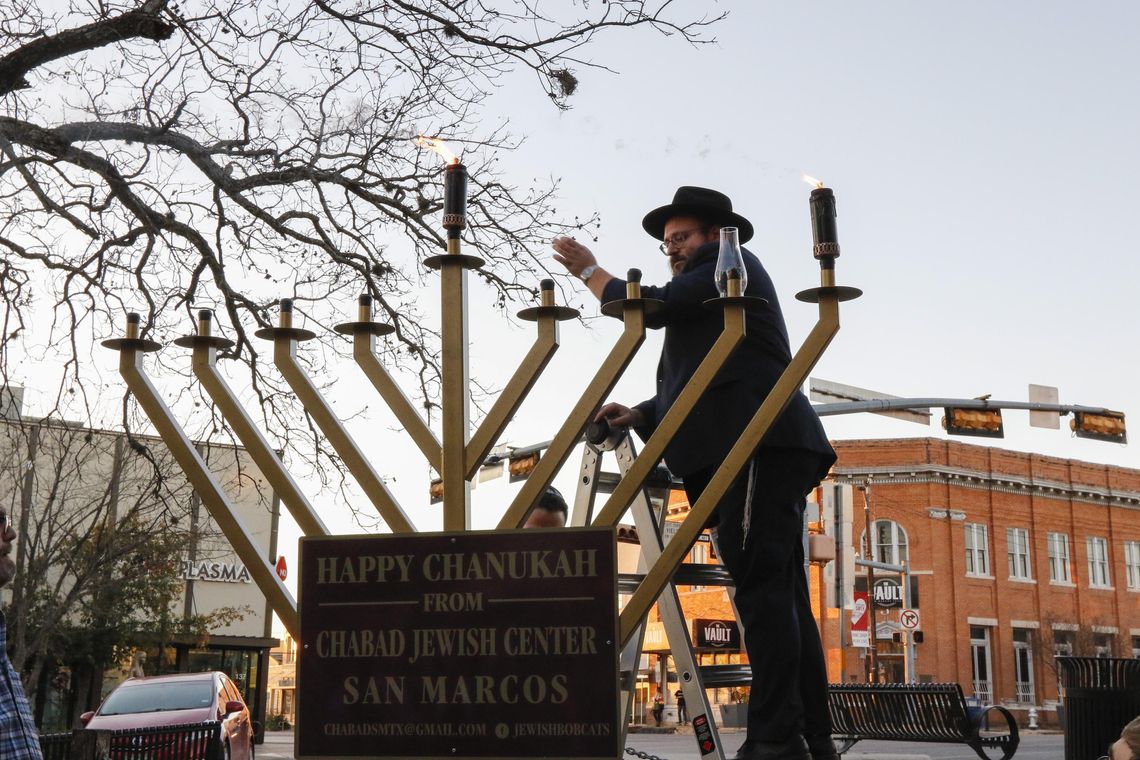Chanukah, originating from the Hebrew word for “dedication,” begins on the 25th of Kislev on the Hebrew calendar — usually in November or December — every year. Often called the Festival of Lights, Chanukah celebrates the victory of the few against the many, the powerless over the mighty and the light over the darkness.
In order to understand the story of Chanukah, one has to know the history of the land of Israel from more than 2,000 years ago, when it was part of the Syrian-Greek Empire and dominated by Syrian rulers of the dynasty of the Seleucids.
Antiochus III, the king of Syria from 3538 to 3574 (222-186 B.C.E.), had waged a war with Egyptian Pharaoh Ptolemy over the possession of the land of Israel. He was victorious and Israel was annexed to his empire.









